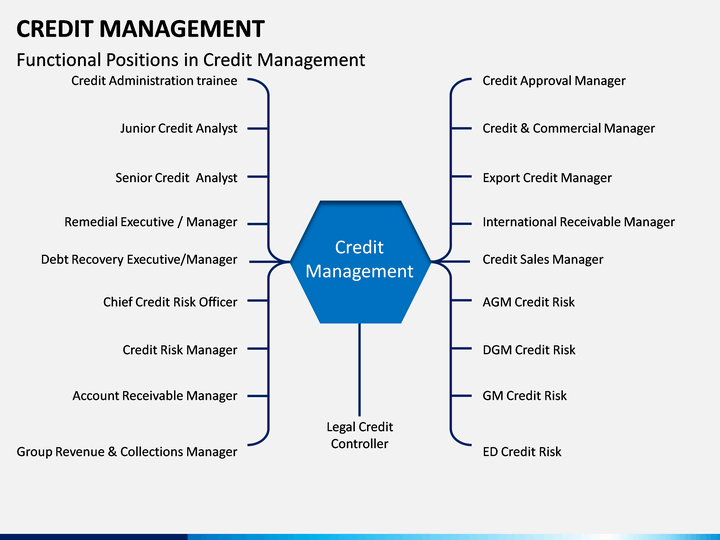Credit risk is the potential for a borrower to default on their loan obligations. It matters to lenders and borrowers alike because it affects the amount of money that can be borrowed or loaned, as well as the terms of the loan agreement. For example, if a lender perceives higher credit risk associated with a particular borrower, they may require certain conditions such as collateral or impose higher interest rates.
Lenders assess credit risk by looking at various factors including past payment history, current financial situation, and other indicators such as employment status and income level. These details are then used to calculate an individual’s credit score which is a numerical representation of how likely they are to repay their debt in full and on time.
How do lenders assess a borrower’s credit risk
Borrowers can reduce their credit risk by ensuring they pay their bills on time, maintaining a healthy credit history, and managing debt responsibly. Additionally, borrowers should regularly check their credit report to ensure accuracy and address any potential issues or inaccuracies.
Controlling credit risk offers several benefits for both lenders and borrowers. For lenders, reducing the amount of defaulted loans helps protect their finances from unexpected losses due to non-payment. Borrowers also benefit from reducing their credit risk as it enables them to access more favorable loan terms such as lower interest rates and longer repayment periods. Ultimately, managing credit risk is beneficial for all parties involved in a loan agreement and something that should be taken seriously by both lenders and borrowers alike.
What can borrowers do to reduce their credit risk
Controlling credit risk offers several benefits for both lenders and borrowers alike. For lenders, reduced defaulted loans helps protect their finances from unexpected losses due to non-payment. Borrowers also benefit from reducing their credit risk as it enables them to access more favorable loan terms such as lower interest rates and longer repayment periods. Furthermore, maintaining a good credit score can help borrowers qualify for different types of financing in the future. Ultimately, managing credit risk is beneficial for all parties involved in a loan agreement and should be taken seriously by both lenders and borrowers. By taking responsibility for their financial obligations, individuals can improve their prospects when seeking out lending options in the future.


